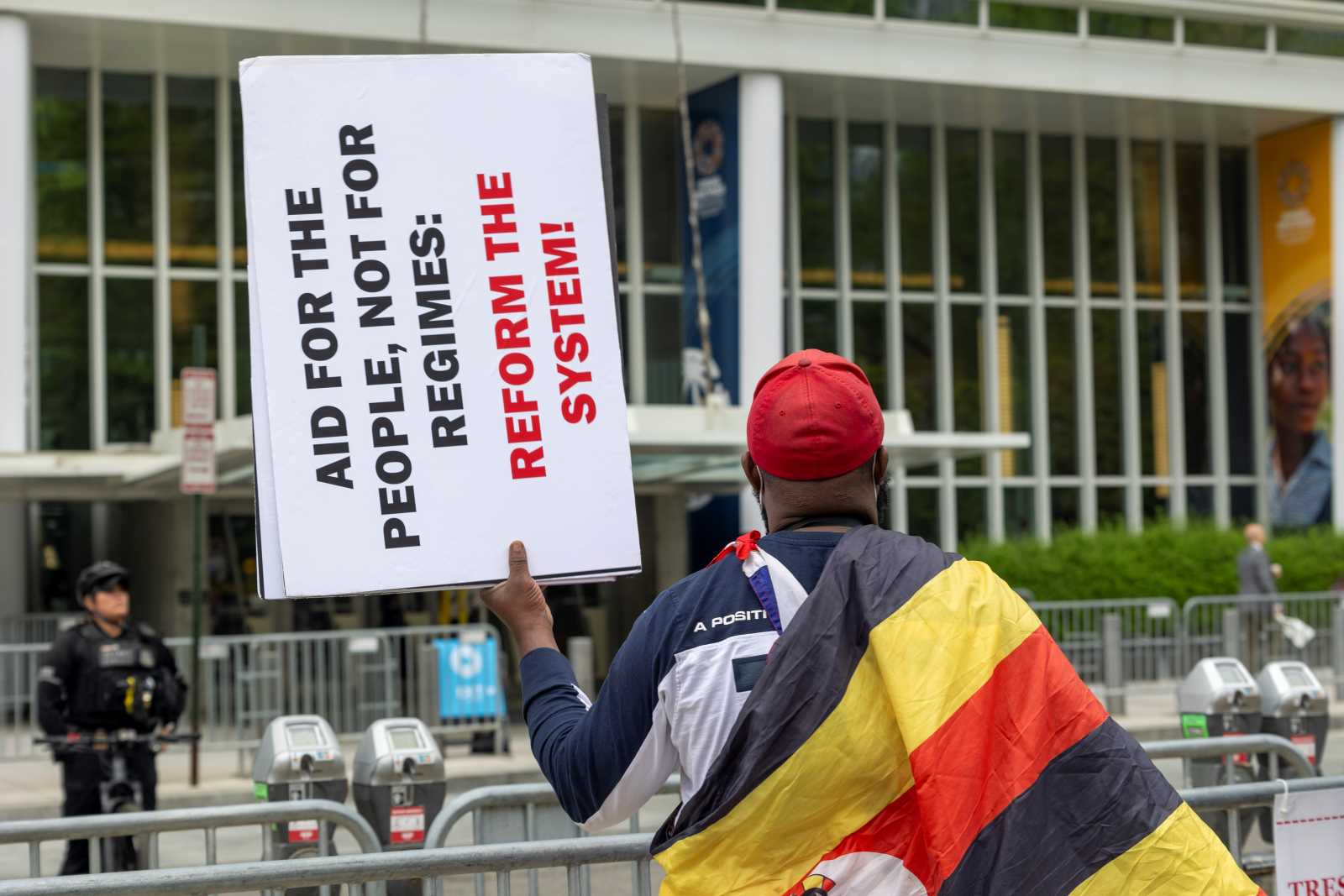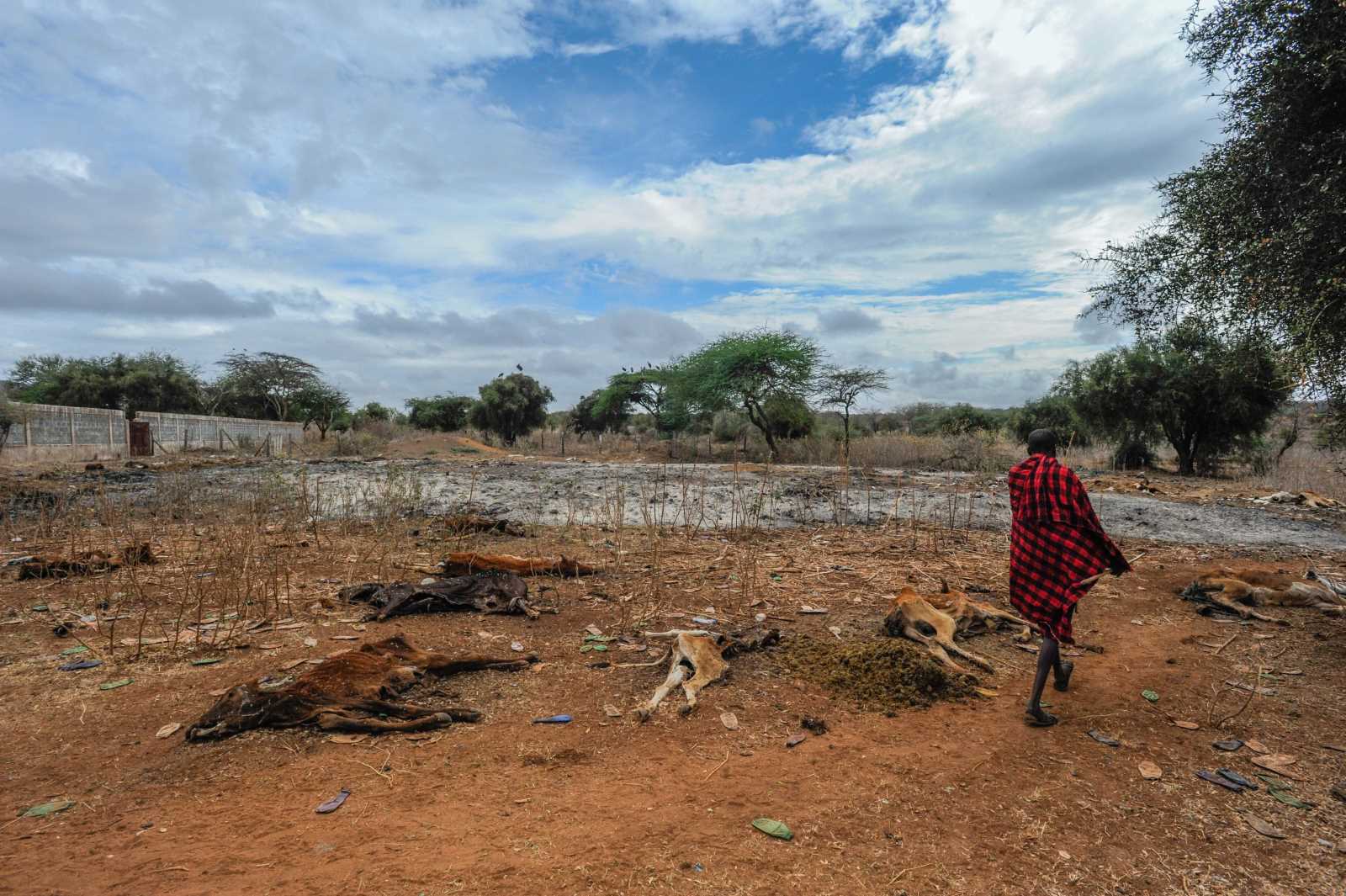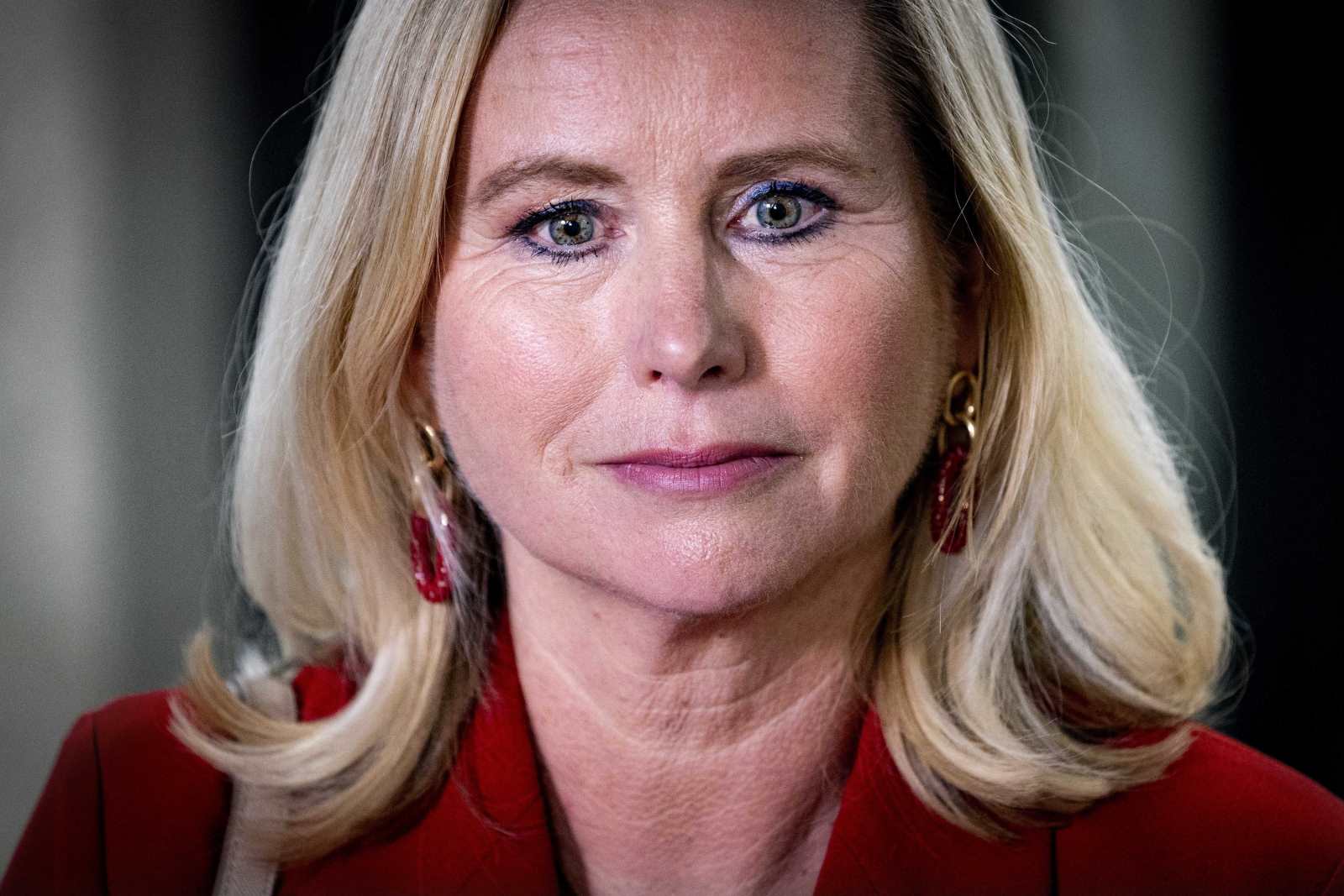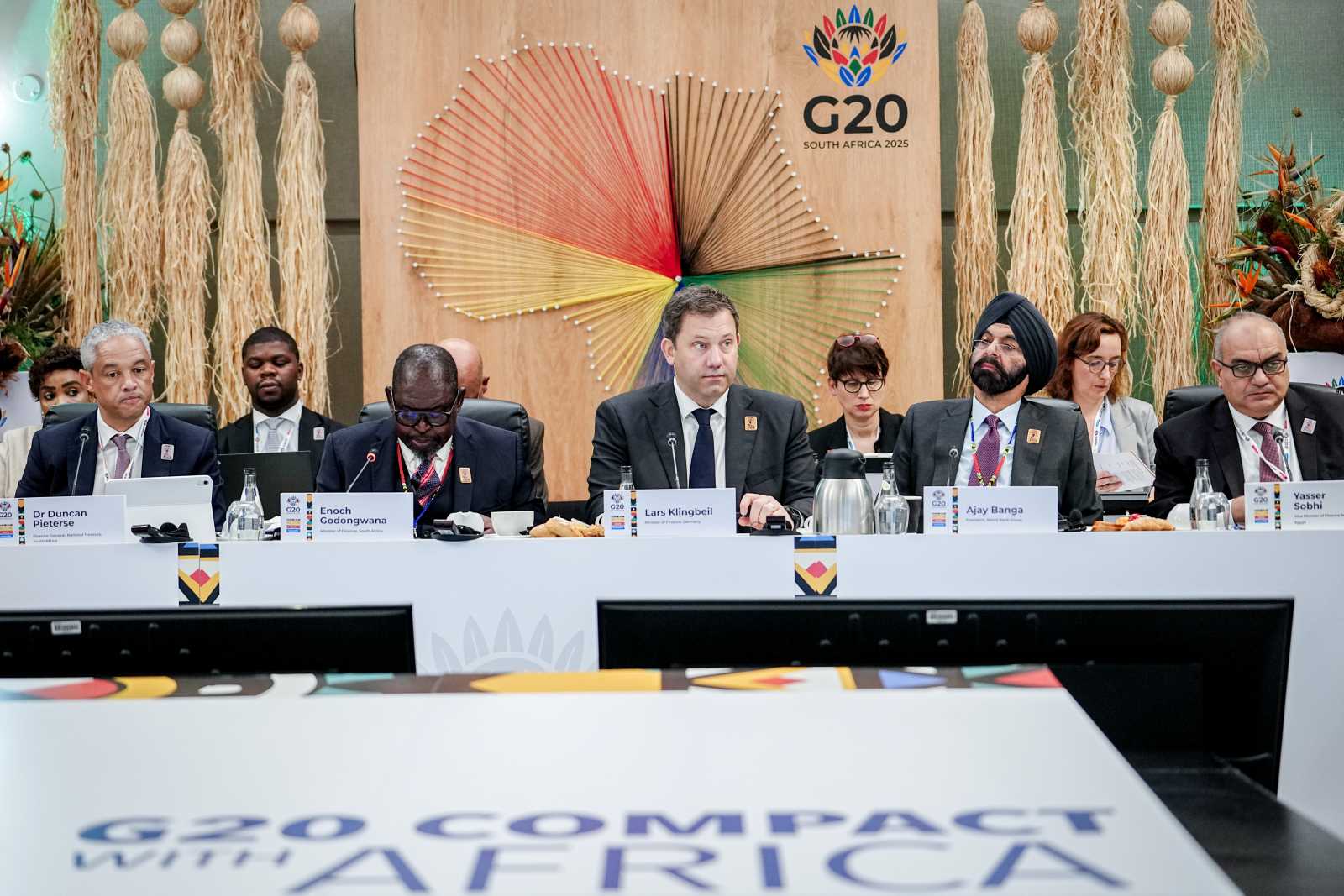Development policy
How development policy is misunderstood

Development policy has not adequately presented itself as a tool to meet global challenges or as a central approach to cooperating with partners from the global south. The field should be able to define more precisely what it can offer beyond altruistic support.
There are four main reasons why development policy in Germany and the EU has changed significantly in recent years.
- The new significance of geopolitical and geo-economic issues like systemic competition between the USA and other western actors on the one hand and China on the other, the impact of Russia’s war of aggression against Ukraine and access to central commodities. For example, the Global Gateway Initiative is an important EU development project that the EU has been using as an alternative to Chinese infrastructure programmes like the Belt and Road Initiative since 2021.
- The climate crisis and the relevance of CO2 reduction and adaptation measures. In 2009, industrialised countries pledged to provide at least $100 billion per year to help developing countries reduce CO2 emissions and adopt adaptation measures.
The climate financing architecture is to be put on a new footing by the end of 2024. On the one hand, wealthy countries have taken on a lot of responsibility for providing climate finance. On the other, they are also pursuing an enormous self-interest, since the consequences of climate change are being felt in places like Germany too. Climate finance is an important opportunity to provide global public goods and at the same time serve countries’ immediate interests. However, these funds are primarily recorded as development cooperation if they come out of public budgets.
- Active migration management. Since 2015, these kinds of measures have led to development-policy changes. For example, over the past year the EU has concluded agreements on migration management with Tunisia, Egypt and Mauritania. They are based on the first deal of this kind, which was made with Turkey in 2016. Development cooperation is an important element of these agreements, even if they are controversial for various reasons.
- Populist and right-wing nationalist movements, which are increasingly represented in parliaments and governments and are strongly influencing public debate and discourse about the utility of development cooperation. This is happening more and more in Germany.
Development policy is a central element of “soft power”. This is true for China and Turkey as well as for the USA and Germany. Soft power, according to political scientist Joseph Nye, is a way for actors to exercise power and create opportunities through persuasion and attractiveness. It is demonstrably advantageous for influencing international political decisions, but it also offers a competitive economic advantage. Along with other approaches (like attracting foreign students), a country’s development policy has been proven to be a central pillar of soft power.
In an international political environment that is increasingly dependent on “mixed alliances” of countries with various affiliations (“western”, “global south”, regional attachments, etc.), it makes sense to emphasise how development policy can better use intergovernmental relations as well as non-state networks (like political foundations and think-tanks).
Such potential lies not least with countries like India, Turkey or China, which will no longer be categorised internationally as developing countries in the foreseeable future. It is important to create opportunities for dialogue with these countries in order to be able to discuss norms and standards (for instance with regard to China’s development initiatives).
Stephan Klingebiel heads the research programme “Inter- and Transnational Cooperation” at the German Institute of Development and Sustainability (IDOS). He is a visiting professor at the University of Turin and Ewha Womans University in Seoul.
stephan.klingebiel@idos-research.de





















